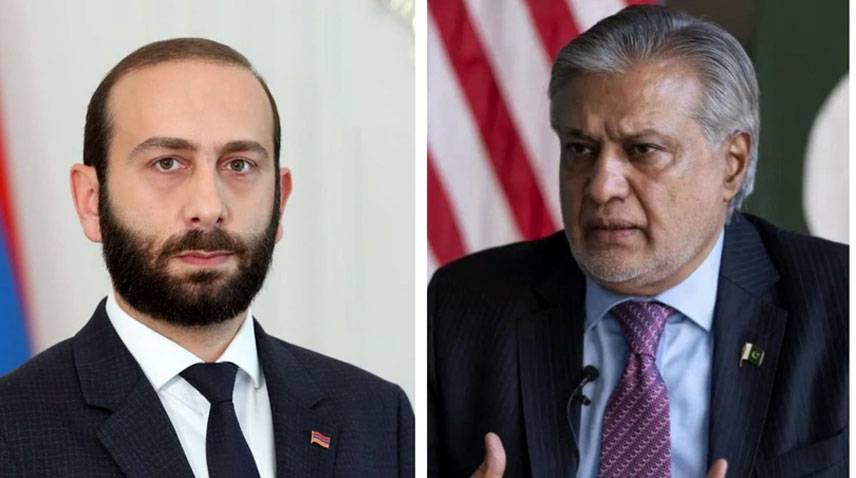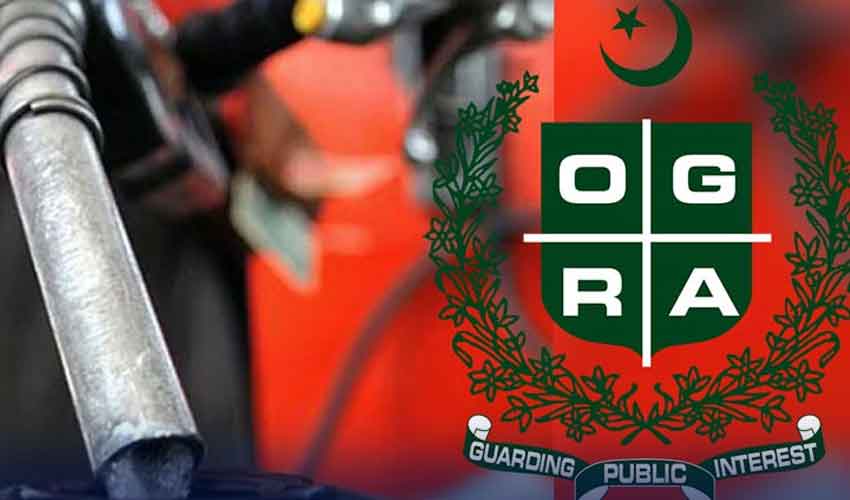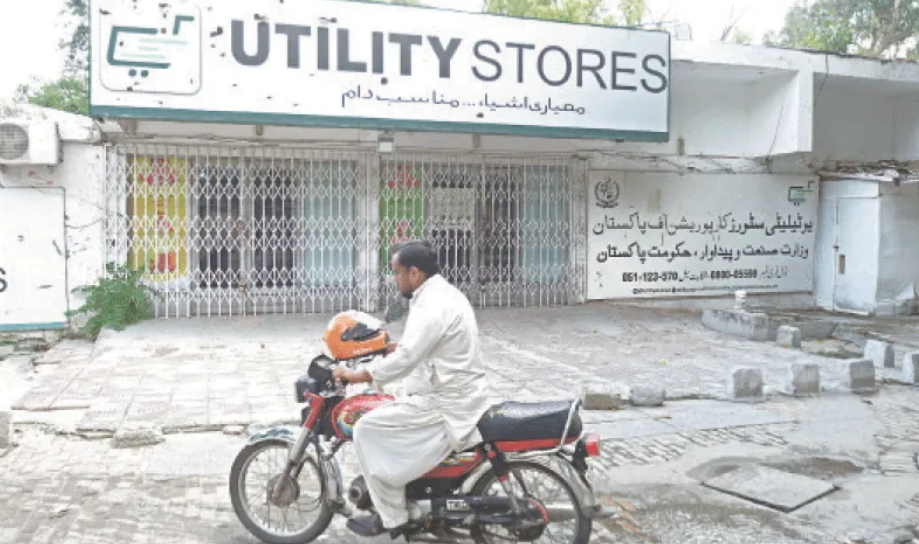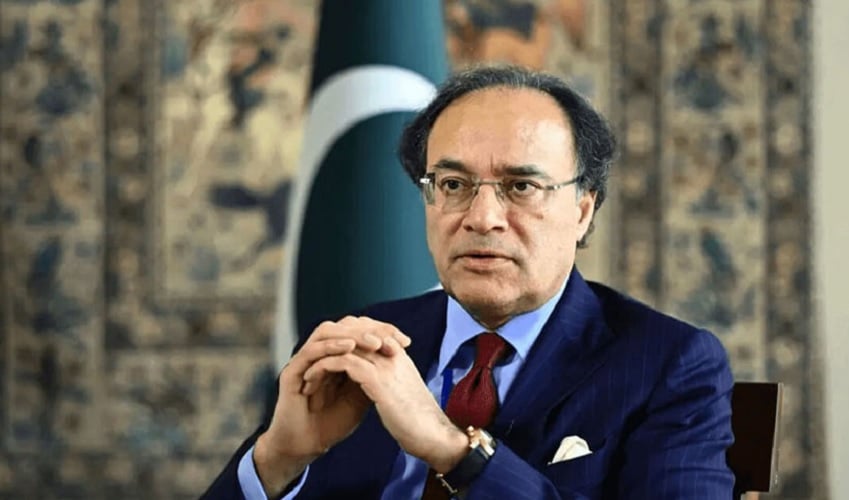TRADE & ECONOMY
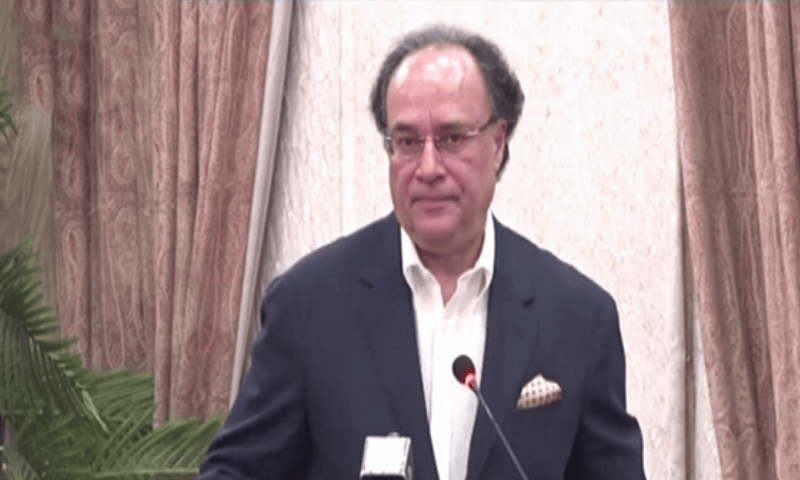
Finance Minister Muhammad Aurangzeb on Saturday reiterated the government’s commitment to empowering the private sector as the engine of economic growth, while emphasising the importance of digitalisation and emerging technologies in shaping Pakistan’s future economy.
Speaking at the Leadership Summit on Blockchain and Digital Assets in Islamabad, Aurangzeb said Pakistan must embrace innovation, youth participation, and digital transformation to remain globally competitive. He highlighted blockchain and digital assets as key drivers of this transition, assuring that the government would provide “full support” to ensure their adoption within a regulated framework.
“We have to accelerate our journey in terms of adopting transformative technologies like blockchain and digital assets,” Aurangzeb said.
The finance minister noted that 20–25 million Pakistanis, largely young people, were already engaged with digital assets in some form. “When 10–15 per cent of the population is participating, you cannot ignore that,” he stressed.
Aurangzeb also linked digitalisation to broader economic reforms, particularly financial inclusion and tax transparency. He pointed to the government’s ongoing efforts to modernise the tax system and streamline banking processes through automation, reducing repetitive documentation and improving efficiency.
On remittances, he confirmed that discussions were underway with several firms, in coordination with the special assistant to the prime minister on blockchain and cryptocurrency. He said Pakistan’s newly formed Pakistan Virtual Assets Regulatory Authority (Pvara) — established in July — would hold its first meeting on Monday to discuss a policy framework for digital assets.
“We need to make sure it’s Pakistan-first, that our interests are not compromised,” Aurangzeb said.
The minister also underlined the government’s focus on financial transparency, accountability, and speed, noting that digital tools enable solutions that are “better, faster, cheaper.”
Aurangzeb’s remarks follow a series of recent policy initiatives aimed at boosting innovation and economic reform. The government is finalising a new industrial policy designed to create a business-friendly environment, alongside flagship social impact projects such as subsidised energy-efficient fans, a skills development bond, and a national small farmer credit scheme.
In May, Prime Minister Shehbaz Sharif further signaled Pakistan’s commitment to blockchain innovation by appointing Bilal Bin Saqib, CEO of the Pakistan Crypto Council, as special assistant on blockchain and cryptocurrency with the status of minister of state.
With Pvara set to hold its first official meeting this week, Aurangzeb’s remarks highlight Pakistan’s intent to balance innovation with regulatory oversight, as the country explores the opportunities and challenges of blockchain and digital assets in its economic future.
